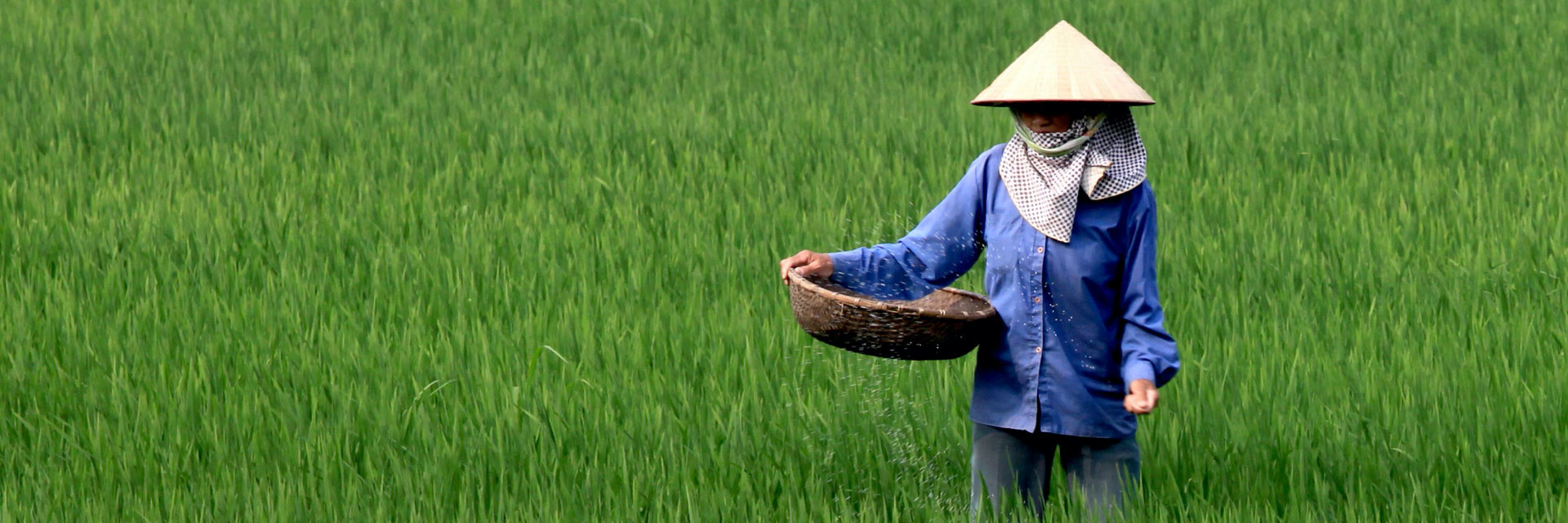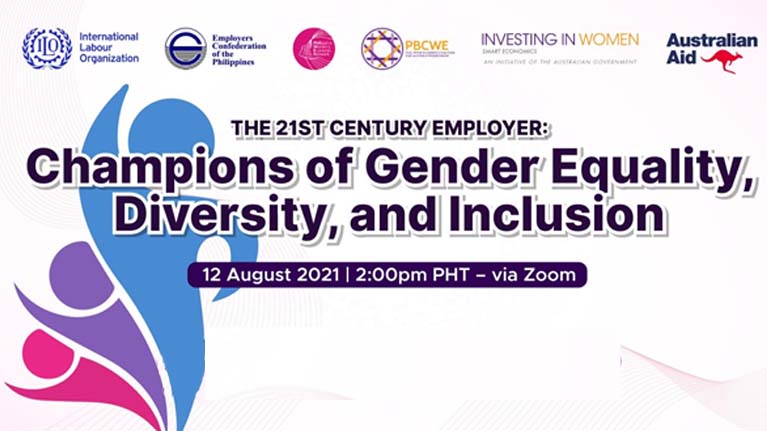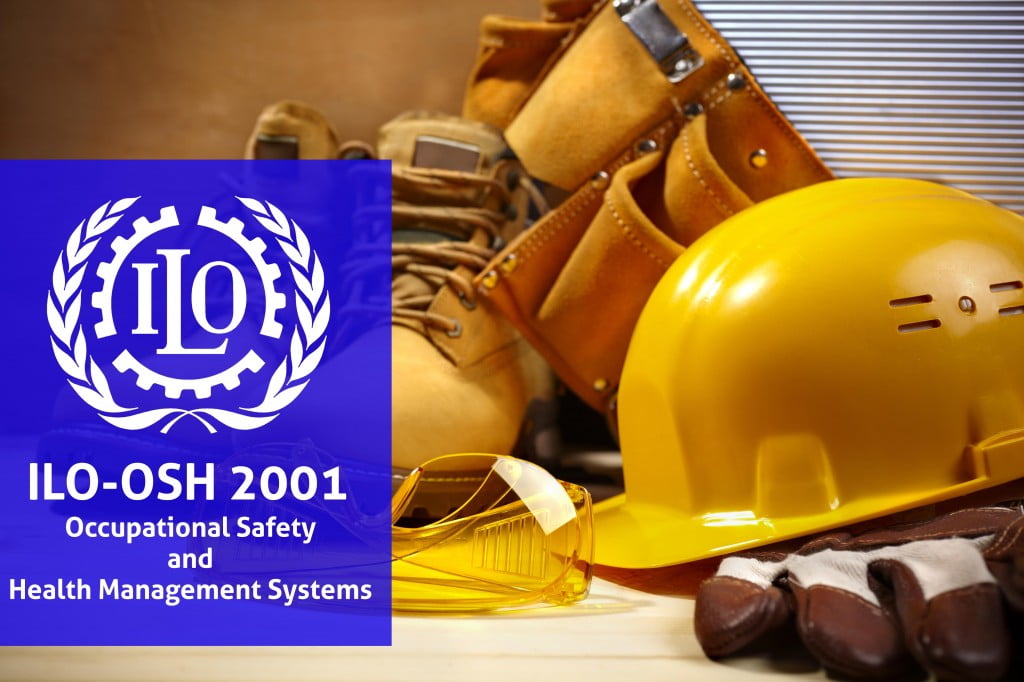

The leadership team has been holding talks with the Bangladeshi government and other international governments to seek support in funding any repairs required at unsafe factories brought to light by the inspections, but brands have committed to providing whatever money is required to get the job done. The group, which is supported by international union IndustriALL and workers' rights pressure groups including the Clean Clothes Campaign, has published a list of about 1,600 factories used by its members and expects to start inspections before the end of the year.

Brands have promised to continue to source from Bangladesh for five years and contribute up to $500,000 (£309,718) a year each to fund factory inspections and training to improve safety. Please contact us to learn more about how easy the ethical fashion brand transition can be.More than 100 retailers and brands, including Marks & Spencer, Primark, Next and Arcadia, the owner of Topshop, have signed up to this legally binding deal to help improve factory safety. If you are interested in moving your brand into responsible manufacturing, we would love to chat with you further.
Ilo factory improvement program how to#
They also advise unions on how to give workers a greater say in their lives, and work with donors to help achieve their broader development goals. As well as advising factories, Better Work collaborates with governments to improve labor laws, and with brands to ensure progress is sustained.

This has significantly improved working conditions and, at the same time enhanced factories’ productivity and profitability, providing not only a safe work environment but a long term stable job that workers and their families can depend on.Ĭurrently, the program is active in 1300 factories employing more than 1.6 million workers in seven countries. Better Work has a presence in the United States, Nicaragua, Indonesia, Cambodia, Thailand, Vietnam, Switzerland, Jordan, Bangladesh, and Haiti.Īs a result of their participation with Better Work, factories have steadily improved compliance with ILO core labour standards and national legislation covering compensation, contracts, occupational safety and health and working time. This method of evaluating two areas help make the certification more thorough.īetter Work started in Cambodia and now has offices in 10 countries. You Know What They Say, Two is Better Than One.īetter Work takes a two-fold approach to their evaluations by encouraging factories to improve working conditions while also helping national stakeholders play a larger role in the labor market. Multinational apparel brands use that information to make business decisions and help determine where to place their orders.” By monitoring factories' compliance with national labor laws and international labor standards, Better Work promotes better conditions for workers, develops competitiveness by providing technical assistance to factories that need to improve their compliance, and informs major brands and buyers of labor conditions in the sector. According to the US Department of Labor, “The Better Work program improves working conditions in global textile and apparel supply chains.


 0 kommentar(er)
0 kommentar(er)
